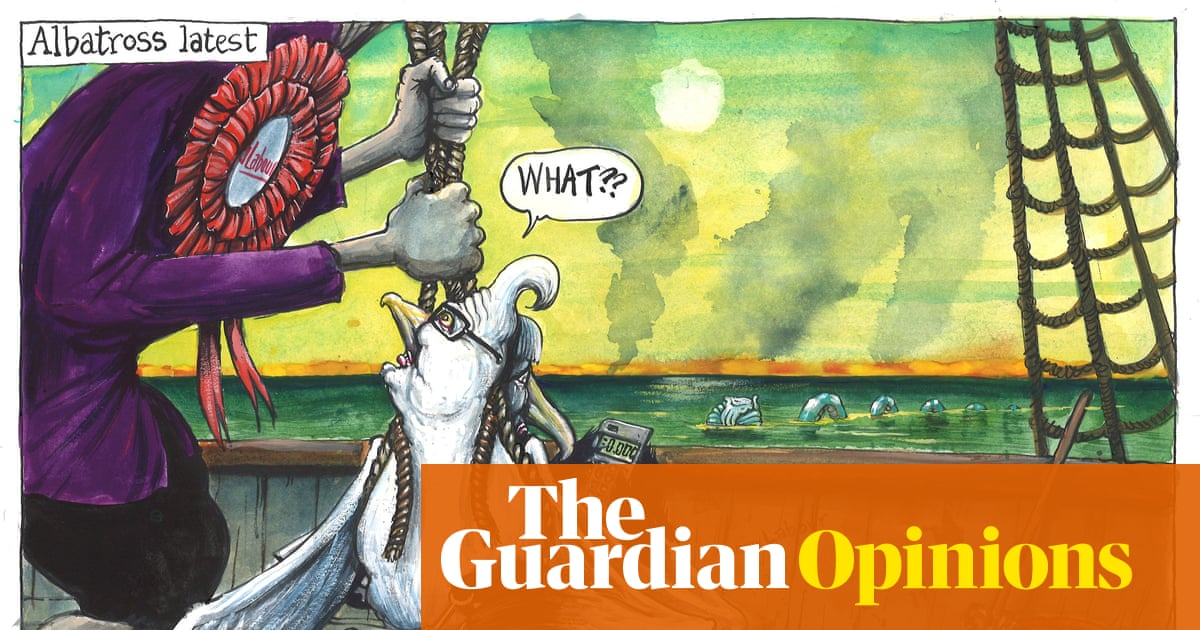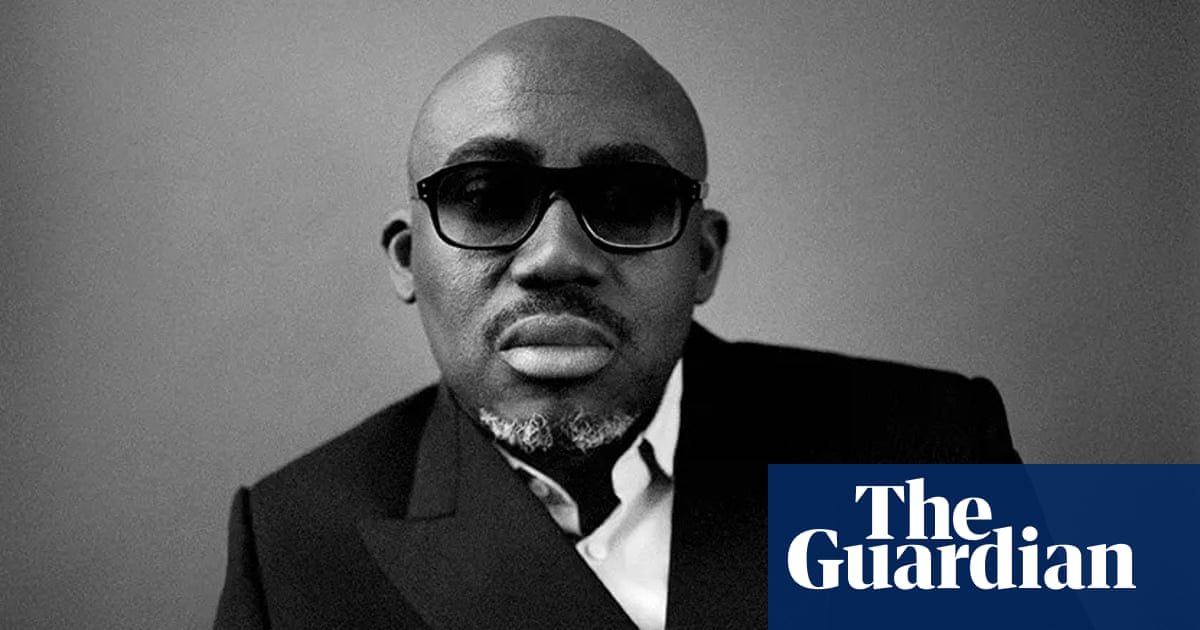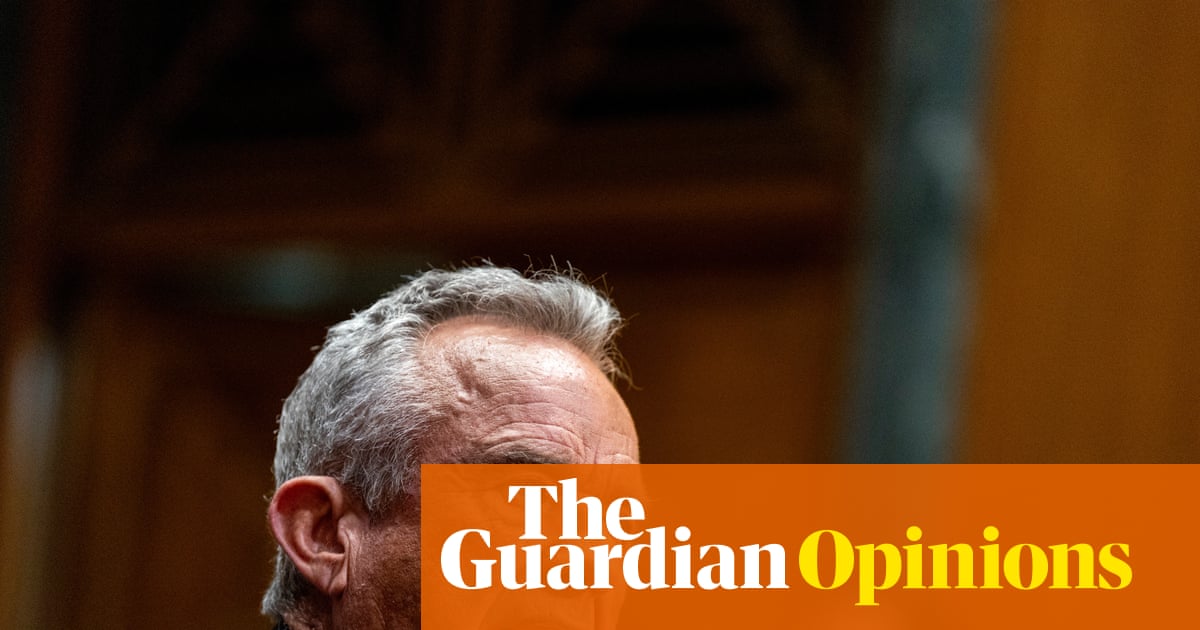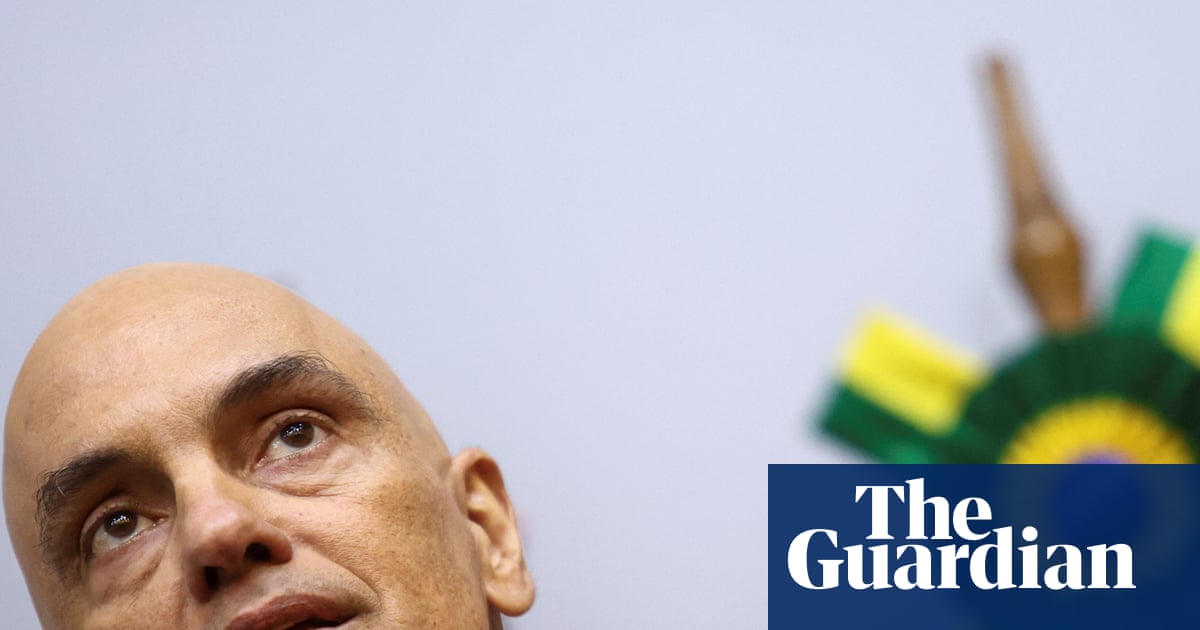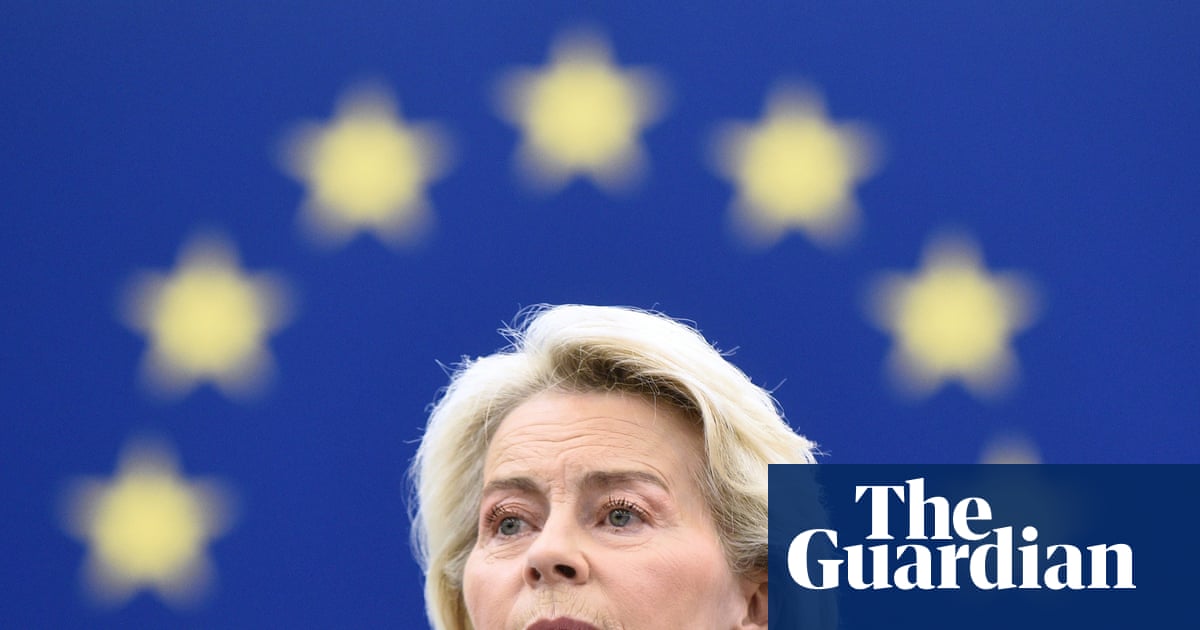Ataa Bodin is glad that the Dutch government has fallen. “It’s good,” said the 34-year-old Syrian who lives in the Netherlands. “I have a passport, the father of my daughter is Dutch but for other people it’s difficult. They can’t just go back to Syria like counting to three.”
On Tuesday, far-right populist Geert Wilders collapsed his first government after failing to break open the coalition agreement to add 10 new policies on asylum – including deporting Syrians with temporary residency within six months, forcibly if necessary.
Eleven months into a four-party coalition described by Dutch media as an “unhappy marriage”, Wilders walked out, resigning all of his ministers with immediate effect. His former coalition partners reacted with fury, saying there was no disagreement about reducing asylum and labelling Wilders a political footballer faking a foul.
On the streets of south-east Amsterdam – where earlier this week an investigation revealed that children were sleeping in garages and cars because their parents could not find housing – there was a sense of both relief and confusion.
Adjoining De Bijlmerhorst school, where one in 20 children have no fixed residence, parents were waiting for their children to exit the As-Souffah Islamic primary.
For Ahmed Abubakar, 41, from Somalia and with five children, the fall of the government was confusing. “I don’t know if it’s good news,” he said. “We live in two rooms. I’ve been on WoningNet [social housing list] for 11 years.”
Like most of the country’s population, people seemed most concerned about issues such as the need to boost healthcare, build housing and control price-pumping.
A snap online poll of 16,117 voters by current affairs programme EenVandaag found 60% were happy that Wilders had exited government. Supporters of leftwing parties were glad to see the end of the hard right coalition but the Freedom party’s (PVV) own voters were divided, said pollster Rozemarijn Lubbe.
“Two-thirds of them say it’s a good thing that he stepped away: they agree with the points that he wanted, like these 10 asylum points,” she said.
“They feel that he was sabotaged … actively opposed by the European Union, by opposition parties but also by other coalition parties.
“But 29% of PVV voters are not happy: some say Wilders and [his] asylum minister [Marjolein] Faber should have done more.”
Trust in politics, which has for some years been at historic lows, slumped from 34% after the government was installed to just 23% on Tuesday. “And it dropped with these specific rightwing voters,” she said.
Experts suggest Wilders was exploiting a story in rightwing paper De Telegraaf in the middle of May suggesting immigration was adding “a city a year”, or 130,000 people, to the national population – although it failed to deduct almost 20,000 people who left in that period.
Statistics Netherlands figures show the vast majority of immigration is labour migration rather than asylum – and like much of Europe, the Netherlands saw refugee numbers halve in early 2025.
But the PVV wanted to collapse the coalition and was looking for an excuse to exploit its dominant issue, migration, according to Mark Thiessen, campaign strategist at Meute.
“After February the dominant narrative in society and politics completely changed … to geopolitics, security, people feeling insecure, and they’re not favouring Wilders,” he said.
after newsletter promotion
“For Wilders, [it] was always the best option to do it on immigration, because that is his topic.”
Like all populists, Wilders thrives in political upheaval, even when he has caused it, said Léonie de Jonge, professor of research on rightwing extremism at the University of Tübingen in Germany.
“He thrives on chaos, but also on performing crises,” she said. “And he has been performing this immigration crisis for the past years, and again, now trying to get that at the top of the agenda and of everyone’s consciousness.”
Political journalist Arjan Noorlander said Wilders – who has lived in 24/7 security for two decades, is sole party member and does not declare his funding sources – could not cope with his surprise win of 37 of 150 seats in November 2023 either.
“We know that Wilders has said: ‘I feel like the chairman of an amateur snooker club: we weren’t organised to get so many seats or take part in government,’” he said. “Quite apart from the question of immigration, he just wanted to get out.”
Business leaders told the Financieele Dagblad that the country was well rid of a government of “economic bunglers”, although the timing before a Nato summit in The Hague was unfortunate.
Some PVV voters in south-east Amsterdam were disappointed with Wilders. “It doesn’t matter who is in government as long as there’s good government,” said Mustafa, a Dutch-Turkish flower shop owner who did not wish to give his surname.
“Why is he stopping? I don’t understand. Things were going so well for him. It’s just a shame he sometimes says the wrong thing.”

 3 months ago
105
3 months ago
105





